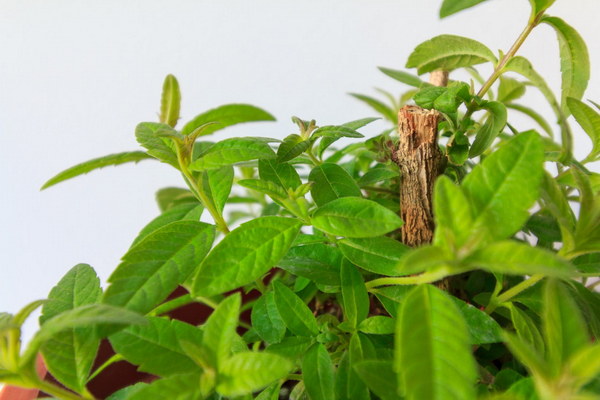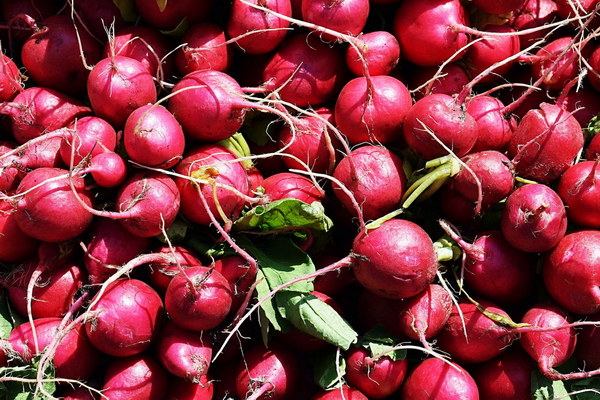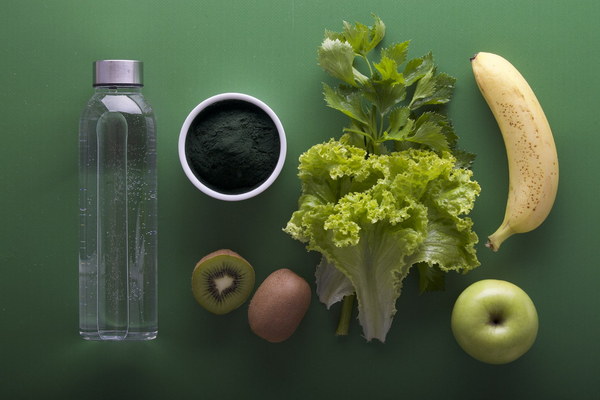Unlock the Secrets Top Chinese Herbs for Quick and Effective Dampness Relief
In the realm of traditional Chinese medicine, dampness is considered an internal imbalance that can lead to a variety of health issues. When dampness accumulates in the body, it can manifest as fatigue, bloating, water retention, and even more severe conditions like arthritis and edema. The good news is that Chinese herbs have been used for centuries to effectively treat dampness. In this article, we will explore the top Chinese herbs known for their quick and effective dampness-relieving properties.
1. Atractylodes Macrocephala (Cang Zhu)
Atractylodes Macrocephala, also known as Cang Zhu, is a common herb used in Chinese medicine to alleviate dampness. It is particularly effective in treating dampness accompanied by fatigue and poor appetite. The herb works by drying dampness and improving the flow of Qi (vital energy) in the body.
2. Poria (Fu Ling)
Poria, or Fu Ling, is a versatile herb that can be used to treat various dampness-related conditions. It is particularly useful for clearing dampness from the spleen and kidneys, and is often combined with other herbs for a synergistic effect. Poria is also known for its diuretic properties, which help in reducing water retention.
3. Alisma Orientalis (Ze Xie)
Alisma Orientalis, or Ze Xie, is another herb that is highly regarded for its dampness-relieving properties. It is commonly used to treat damp-heat conditions, which often present with symptoms like fever, sore throat, and jaundice. Ze Xie works by draining dampness and clearing heat from the body.
4. Pinellia ternata (Ban Xia)
Pinellia ternata, or Ban Xia, is a powerful herb that is often used in combination with other herbs to treat dampness. It is particularly effective in addressing dampness that causes stomach discomfort, bloating, and nausea. Ban Xia helps to transform dampness into phlegm and expel it from the body.
5. Hoelen (Huo Ling)
Huo Ling is a herb that is known for its ability to absorb and drain dampness from the body. It is often used in conjunction with other herbs to treat dampness-related conditions such as edema and joint pain. Hoelen is also believed to strengthen the spleen and kidneys, which further supports the body's ability to expel dampness.
6. Schisandra chinensis (Wu Wei Zi)
While not a traditional dampness-relieving herb, Schisandra chinensis, or Wu Wei Zi, can be used to support the liver and kidneys, which are essential organs in the body's dampness expulsion process. Wu Wei Zi is also known for its adaptogenic properties, which can help to boost the body's overall resilience against dampness-related disorders.
How to Use Chinese Herbs for Dampness Relief
When using Chinese herbs for dampness relief, it is important to consult with a qualified practitioner who can provide a tailored treatment plan based on your individual health condition and constitution. Here are some general guidelines for using Chinese herbs:
- Formulas: Chinese herbs are often prescribed in combination to achieve the best therapeutic effect. Your practitioner will select the appropriate herbs based on your specific symptoms.

- Dosage: The dosage of herbs will vary depending on the severity of your condition and the specific herbs used.
- Duration: The duration of treatment will depend on the response of your body to the herbs. Some conditions may require short-term treatment, while others may require a more prolonged course of therapy.
- Side Effects: While Chinese herbs are generally safe, some individuals may experience side effects. It is important to monitor your body's response to the herbs and inform your practitioner of any adverse reactions.
In conclusion, Chinese herbs offer a natural and effective approach to treating dampness-related health issues. By understanding the properties and uses of these herbs, you can work with a qualified practitioner to develop a treatment plan that is tailored to your individual needs. Remember, the key to successful treatment is consistency and patience, as the body takes time to respond to the therapeutic effects of herbs.









